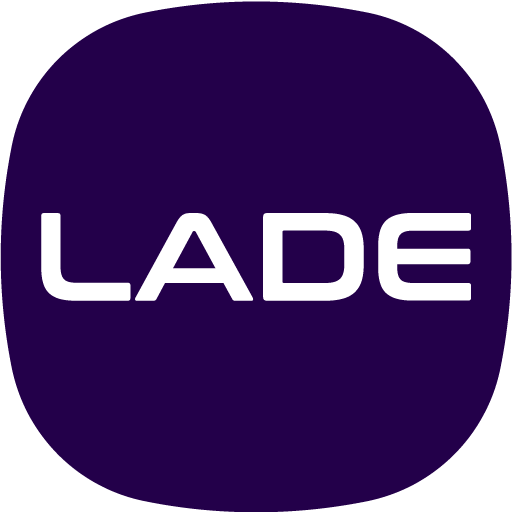Legal framework:
Oil companies are legally obliged to reduce their CO2 emissions. To do this, companies must achieve a certain greenhouse gas reduction quota (GHG quota). There are two possible ways:
- Through additional sales of environmentally friendly fuels such as biodiesel or bioethanol. Selling charging power also reduces the GHG quota.
- By purchasing GHG quotas from third-party providers who are not subject to the quota obligation or who overfill it.
The GHG quota is to be increased to at least 25% by 2030. This was passed by the German Bundestag in May 2021 with the “Law on the Further Development of the Greenhouse Reduction Quota”. The possibility for companies to achieve the quota by selling additional biofuels is also being gradually reduced. Therefore, the need for third-party quotas will continue to grow.
Participating in GHG quota trading with a BEV
From 2022, owners of fully electric vehicles (BEV) will also be able to sell the CO2 emissions saved as a GHG quota to oil companies via an intermediary platform. This is meant to make the switch to alternative, more climate-friendly drives more interesting. On the one hand, conventional fuels are becoming more expensive year after year due to the constant increase in the GHG quota and, on the other hand, you get cash every year for your electric vehicle thanks to the TGH quota.
Who is eligible to sell GHG quota?
E-vehicle owner: Anyone who is registered as the owner of a fully electric vehicle (BEV) – regardless of whether it is commercial or private. It also doesn’t matter whether the vehicle was leased, bought or financed. Also, the number of registered electric vehicles is not limited. In addition to private individuals, owners of company cars and owners of e-fleets and electric vehicle fleets can participate in GHG quota trading.
Operators of (semi) public charging infrastructure: Anyone who is selling charging power via a calibrated, (semi) public and commercially used charging point can also market the associated CO2 savings via the GHG quota. This is attractive, for example, retailers, parking lot operators, restaurants and hotels as well as companies that charge customers and guests for electricity.
How does the sale of the GHG quota work?
Theoretically, owners of electric vehicles can certify their GHG quotas themselves at the German Federal Environment Agency and then sell it. However, since quota-obliged companies only buy large quantities of quotas, this makes little sense in practice. The way therefore leads through dealers. They apply for individual GHG quota certificates at the German Federal Environment Agency, bundle them and then sell the bundle to a company that is subject to the quota. After deducting a commission, the provider then pays the sales proceeds to vehicle owners.
